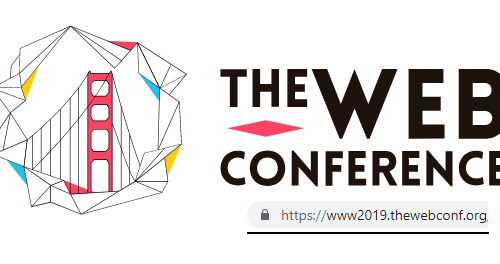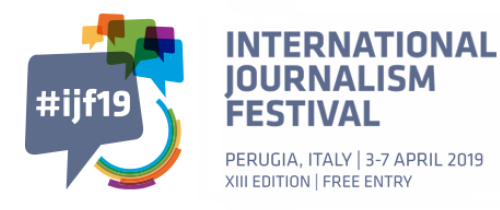
Pubblicato incitizen science, corwdsearcher, open access, open books, open data, open education, open journals
OPENEDU: #TheWebConf 2019 #MisinfoWorkshop2019 International Workshop on Misinformation, Computational Fact-Checking and Credible Web @TheWebConf #14May @SanFrancisco
May 14, 2019, San Francisco, CA, USACo-located with The Web Conference 2019 International Workshop on Misinformation, Computational Fact-Checking…
